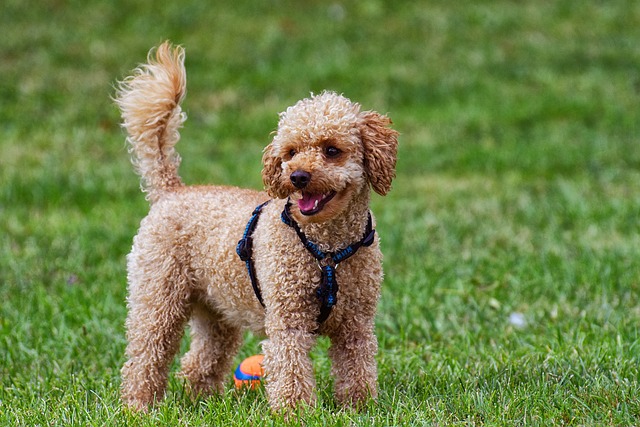
How can I tell if my dog's heatstroke is serious
Let’s be real: It’s a sticky August morning in Los Angeles, and you took your 2-year-old Golden Retriever, Max, for a walk a little later than usual
Every morning, as you reach for the grooming brush, your Labrador retriever cocks its head—should that daily ritual be a staple or a hassle? For American newbie dog owners, the answer lies in understanding your Lab’s double coat biology and blending care with cultural norms.
Labradors sport a dense undercoat and water-resistant topcoat, designed to thrive in chilly waters. Daily brushing (yes, even on lazy Sundays) removes loose fur before it blankets your couch, reduces shedding by 30%—a godsend for apartment dwellers—and distributes natural oils to prevent dry skin. Picture this: a quick 5-minute session with a slicker brush after morning walks stops mats from forming behind the ears, a common trouble spot. Pro tip: start slow with treats; positive reinforcement turns grooming into a bonding game, not a battle.

Now, let’s talk rules. In most U.S. states, rabies vaccines are non-negotiable, and local ordinances fine owners $100+ for skipping poop cleanup in parks. Pair that with community expectations: leashing Labs during walks (their friendly nature can spook neighbors) and keeping brushing noise minimal in apartments. When your Lab wriggles mid-brush, never yank the fur—use the "leave it" command reinforced with kibble, aligning with America’s no-punishment training ethos.
Vets often recommend weekly de-shedding tools like Furminators, but daily light brushing prevents tangles. Remember, a well-groomed Lab is happier: less itchiness means fewer vet visits, and a shiny coat signals good health. As you build this routine, you’ll notice how neighbors smile at your well-mannered pup—proof that mastering daily care blends science (hello, coat anatomy!) with being a respectful community member. So grab that brush, toss a treat, and make grooming part of your Lab’s happy day.

Let’s be real: It’s a sticky August morning in Los Angeles, and you took your 2-year-old Golden Retriever, Max, for a walk a little later than usual

You're enjoying a summer afternoon at the park when you notice your dog has stopped panting and appears disoriented - their gums are bright red

Let’s paint the picture: You’re in your Denver apartment, watching your 4-year-old Boston Terrier, Ruby, plop down mid-play session with her favorite toy

Many dog owners notice their pets nails seem shorter after regular walks,but how much does this daily activity actually help?The answer depends on where you walk—concrete sidewalks or asphalt streets gently file nails as a dog's paws hit the ground

Most dog owners notice their pup scooting across the carpet at some point, but few connect it to impacted anal glands. These small sacs near a dog’s rectum secrete a scent for marking territory

Most vets agree that regular dog teeth cleaning is key to avoiding painful dental issues later. For healthy adult dogs, a professional cleaning at the vet’s office every 12 to 18 months usually works well.